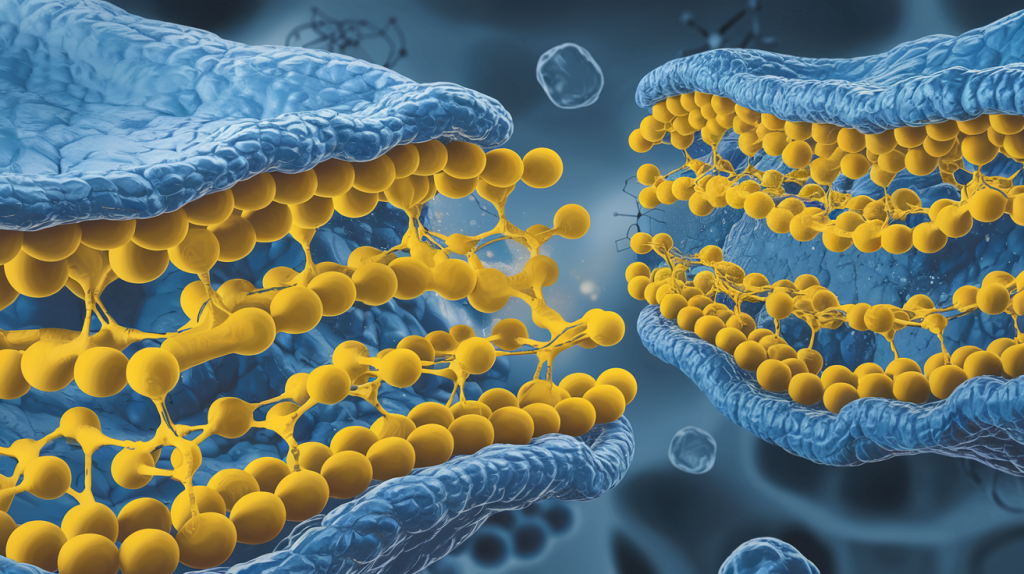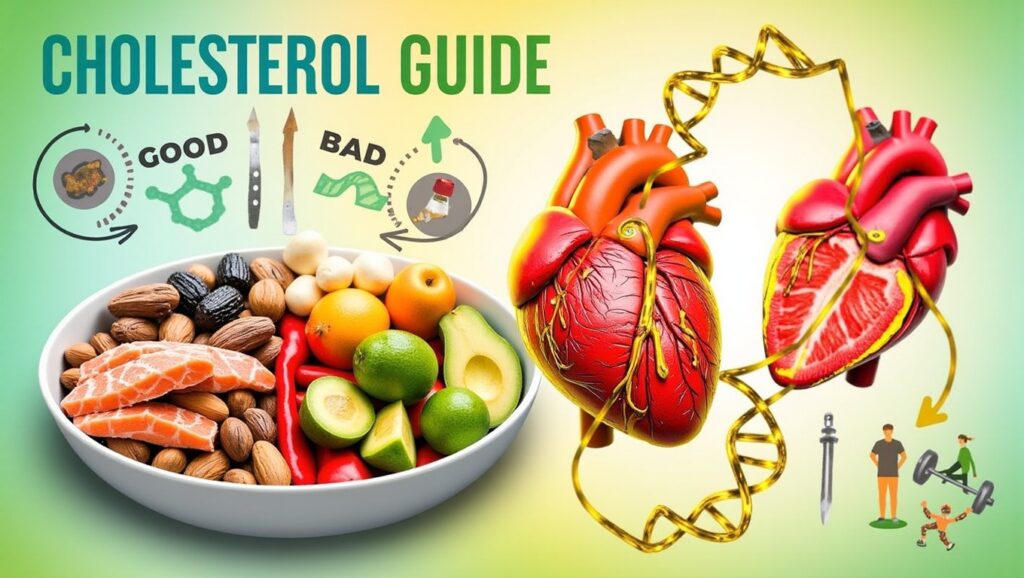Fats and cholesterol have long been at the center of discussions on health and nutrition. Despite their negative reputation, both play crucial roles in bodily functions, from energy production to hormone synthesis. However, not all fats and cholesterol are created equal, and understanding their impact on the body is essential for making informed dietary choices. Recent scientific advances provide clarity on the balance needed to maintain optimal health while avoiding related complications.

What Are Fats and Why Do We Need Them?
Fats are one of the body’s primary macronutrients, serving as a vital energy source and aiding in the absorption of fat-soluble vitamins like A, D, E, and K. Classified into saturated, unsaturated, and trans fats, each type affects health differently. While unsaturated fats, found in foods like avocados and fish, are beneficial, excessive consumption of saturated and trans fats can lead to health complications. Studies from institutions such as Harvard emphasize the importance of incorporating healthy fats while limiting harmful ones in our diets.
The Dual Nature of Cholesterol
Cholesterol is a lipid that plays a critical role in cell membrane structure, hormone production, and bile synthesis. It exists in two forms: low-density lipoprotein (LDL), often referred to as “bad” cholesterol, and high-density lipoprotein (HDL), known as “good” cholesterol. Elevated LDL levels have been linked to cardiovascular disease, whereas higher HDL levels are associated with reduced heart disease risk. Research from the American Heart Association highlights the importance of monitoring and managing cholesterol levels to maintain cardiovascular health.
How Diet Impacts Cholesterol and Fat Levels
Diet plays a pivotal role in determining cholesterol levels and fat composition in the body. Consuming high amounts of saturated fats, often found in processed and fried foods, can increase LDL cholesterol, leading to plaque buildup in arteries. Conversely, incorporating foods rich in omega-3 fatty acids, such as salmon and walnuts, can improve HDL cholesterol levels. A balanced diet, complemented by regular physical activity, is critical for managing cholesterol and reducing the risk of associated diseases.
Scientific Insights on Healthy Fat Consumption
Recent studies highlight the benefits of including healthy fats in the diet. For instance, a study published in The Lancet found that replacing saturated fats with unsaturated fats reduces the risk of heart disease. Additionally, the Mediterranean diet, which emphasizes olive oil, nuts, and fish, has been proven effective in improving heart health and reducing inflammation. Such findings reinforce the idea that not all fats are harmful when consumed in moderation and sourced from healthy options.
Practical Tips for a Balanced Fat and Cholesterol Intake
Achieving a healthy fat and cholesterol balance requires mindful dietary choices. Focus on consuming whole, unprocessed foods rich in unsaturated fats while minimizing intake of trans fats and added sugars. Include heart-friendly foods such as leafy greens, nuts, seeds, and lean protein sources. Regular physical activity also plays a vital role in regulating cholesterol levels and promoting overall health. Adopting these habits can lead to long-term benefits for cardiovascular health and beyond.

Conclusion: Embracing a Balanced Lifestyle
Understanding the roles of fats and cholesterol is fundamental to achieving a healthier lifestyle. By focusing on nutrient-dense foods, moderating harmful fat consumption, and staying active, individuals can significantly improve their overall health. With ongoing research offering new insights, it’s clear that making informed choices is key to long-term well-being. Take the first step today by reevaluating your habits and exploring innovations like Mitolyn to support your health goals. Your journey to a healthier life starts with understanding and action.
See this interesting article about: Understanding Type 2 Diabetes: Key Insights into Diabetes Mellitus


Pingback: Unlocking the Power of Vitamin D for a Healthful Diet - stay healthy today
Pingback: Adolescent Health Protecting: Securing a Healthier Future - stay healthy today